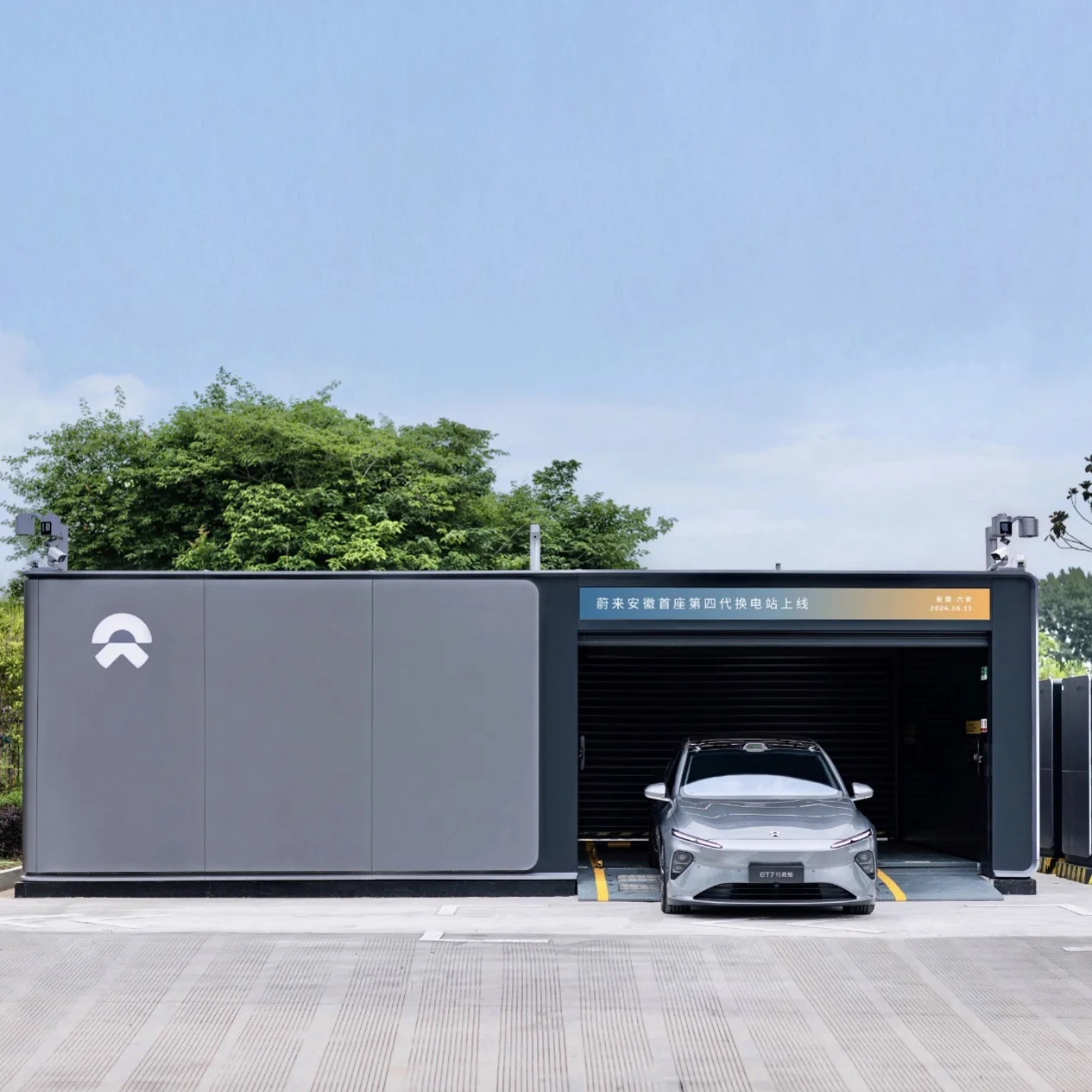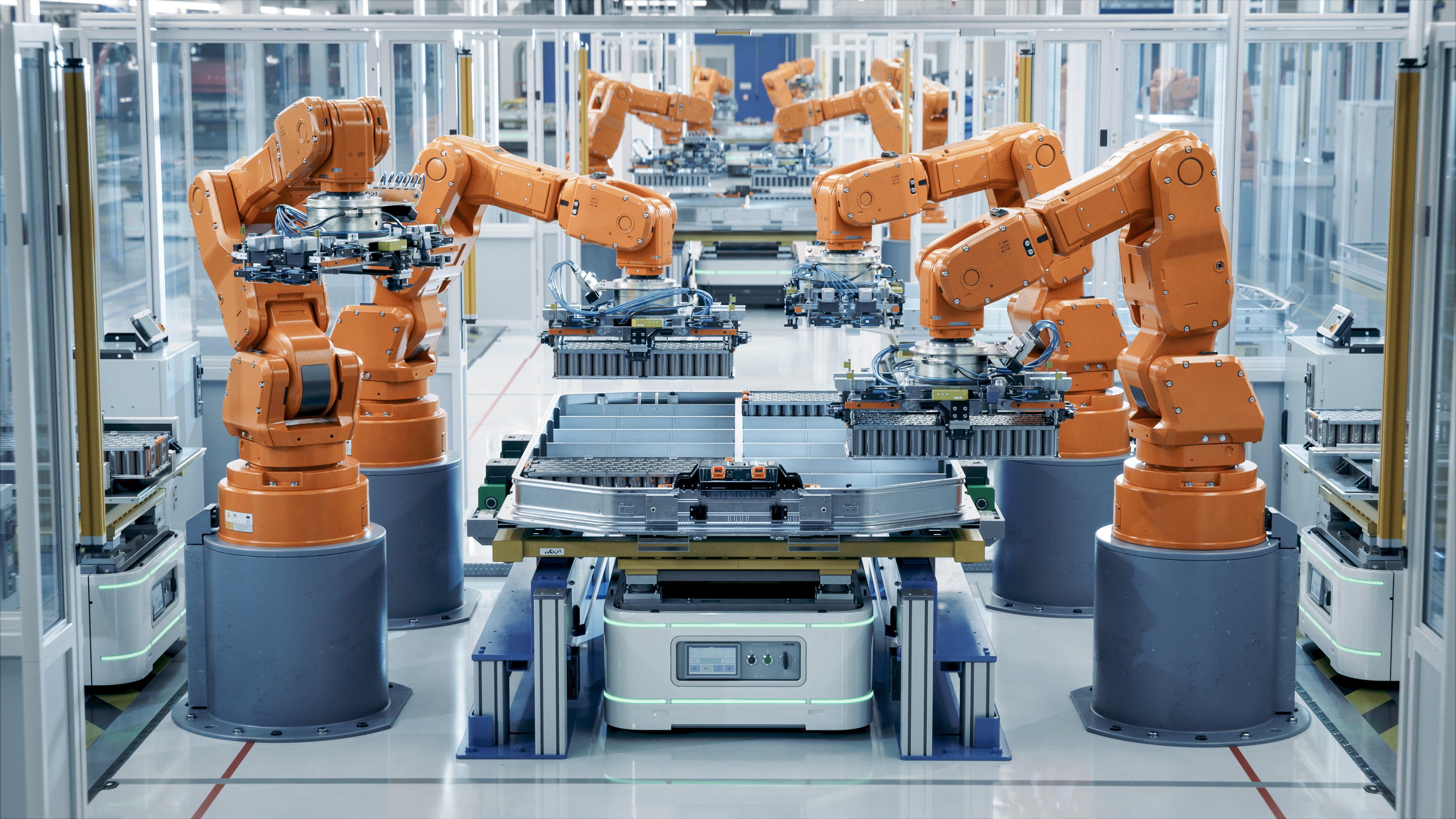If you want stocks with potential to make you wealthy over the long haul, you need to find companies with products or services that solve big-time problems. For instance, China's air pollution became so unhealthy after four decades of intense economic growth that climate science analyst Berkeley Earth estimated it contributed to 1.6 million deaths per year as recently as 2015.
China's pollution problems and vehicle congestion issues are well known, and one solution amid the country's war on pollution is to push sales of electric vehicles (EVs). So why then is the government reducing EV subsidies by 50%, and how might EV makers such as NIO (NIO 1.10%) and Tesla (TSLA +0.17%) actually stand to benefit?
What's going on?
Last week, the Chinese government announced it would reduce the subsidy for pure-battery electric cars with a range of 250 miles or more by half, down to $3,700 per vehicle, according to the Ministry of Finance. That sent a ripple through EV makers' stocks, especially because the government went a step further than expected and encouraged local governments in China to remove subsidies as well.
When you combine the removal of both subsidies, the impact was a total reduction of 67%, more drastic than analysts' estimates of a 40% to 50% reduction. While the reduction was worse than expected, the move itself wasn't a surprise. And the government has also noted it plans to remove subsidies completely after 2020.

Pollution fogs the Shanghai skyline. Image source: Getty Images.
The question facing investors hoping to ride the coming EV megatrend to giant portfolio gains is: Does the subsidy reduction matter? It definitely does in the near term, especially for automakers such as NIO that have noted they won't adjust retail prices to help offset the lost subsidy -- making the vehicles more expensive to consumers overnight, and potentially hurting demand.
Why it doesn't matter
While the reduction will hurt in the near term, it should only be a speed bump for automakers. Many Americans are unaware just how difficult it is to purchase a combustion engine license in major Chinese cities. The Chinese government has made growing its EV market a top priority, and as a consequence, obtaining a driver's license for a combustion engine vehicle in a major city requires going through a lottery system where the odds of being selected are below 1%.
And then for the very lucky few who are chosen, they must pay over $14,000 to purchase the license. But what about a license for an EV, you ask? Consumers can get one free, and there's no lottery system -- it's open to all.

NIO's ES6 is coming soon. Image source: NIO.
Essentially, the subsidy reduction isn't positive for automakers in the near term, but it's so much simpler to get an EV license that it may not impact demand much at all.
Consider these predictions I've seen: After a total of only 50,000 EV sales in China during 2014, that figure (depending on how subsidy reductions dent demand) could hit 2 million during 2019. Furthermore, new-energy vehicles (NEVs), a newer term that includes hybrids and other variations, are expected to generate 20% of overall auto market sales by 2025, versus less than 1% last year.
Why lower subsidies are a positive development
As you can see, thanks to the simplicity of getting an EV license, and the government's large task of solving vehicle congestion and pollution, EVs remain a compelling product. Sales are expected to explode in the coming decades regardless of subsidy reductions.
Here's the kicker: The automakers best positioned to thrive during that time will be the ones that build success from innovation, not government assistance. That's why this subsidy reduction is a positive development for investors who can identify the automakers finding innovative ways to improve battery output, reduce costs, and otherwise develop more-compelling vehicles to win over consumers without subsidies.
NIO, often called China's Tesla, should have the ability and brand image to thrive over the long term. So should Tesla, once it completes its Chinese factory and begins local production to avoid steep import tariffs.
Make no mistake, an EV sales boom is coming in China, and all the subsidy reduction will do is eliminate the weak competitors and leave investors with more-innovative companies better suited to thrive.







